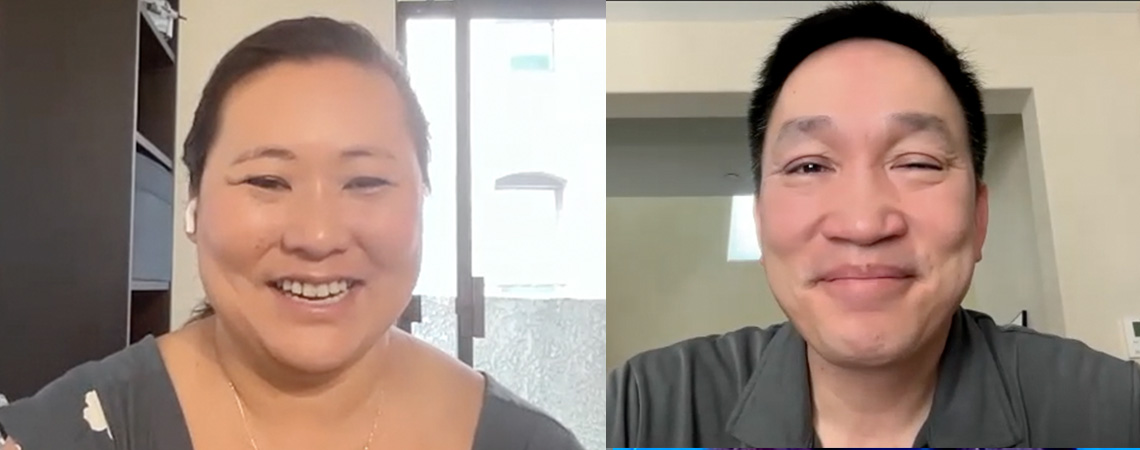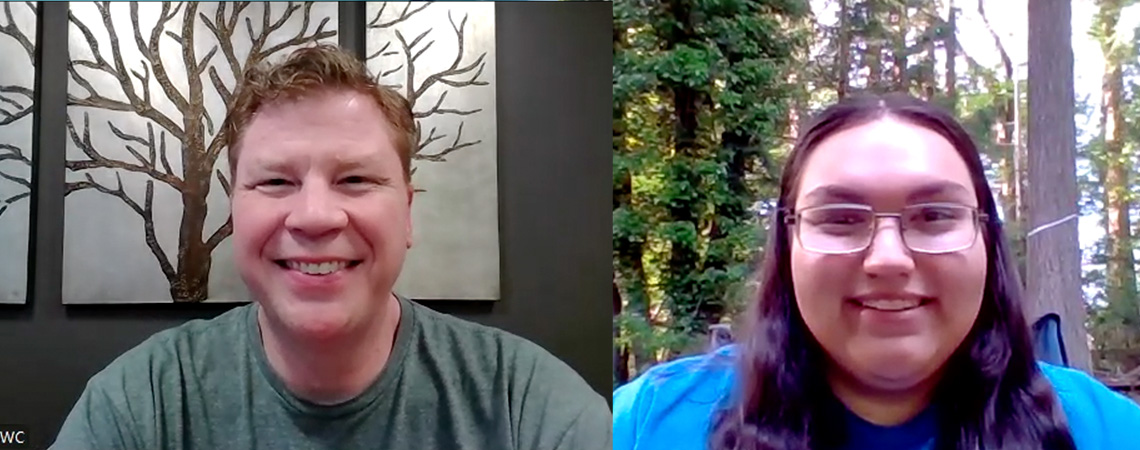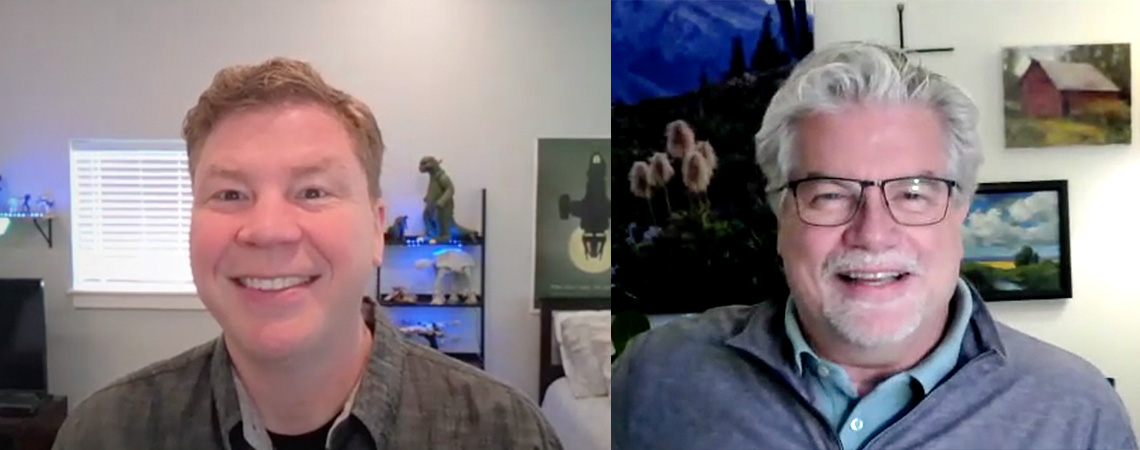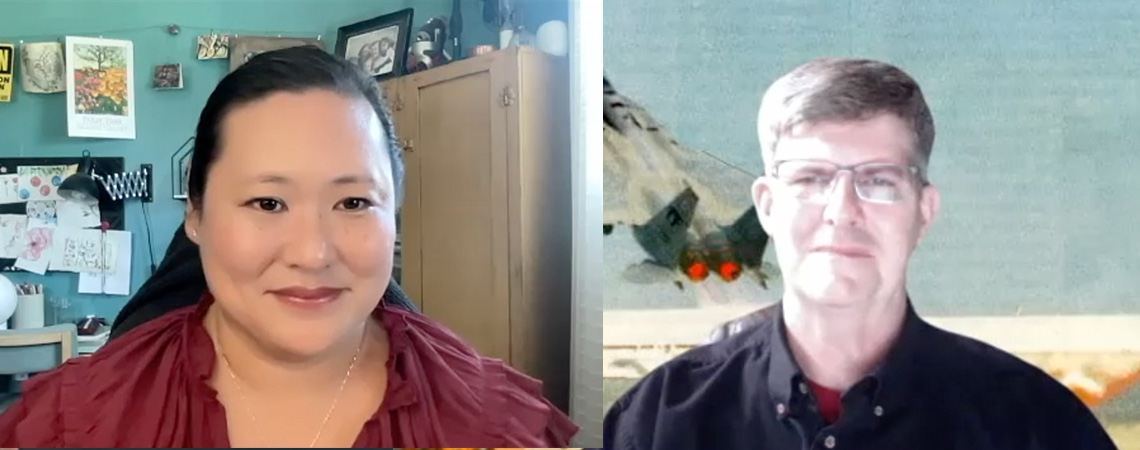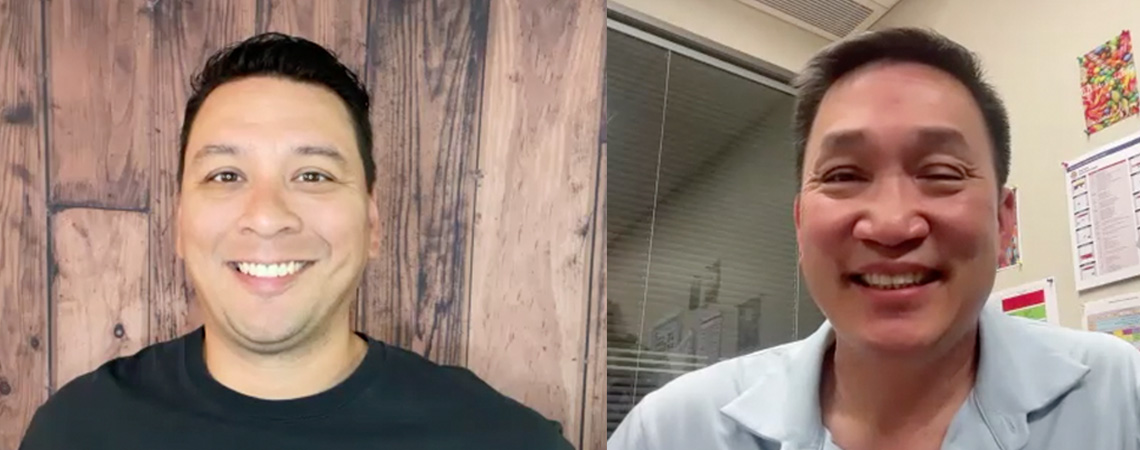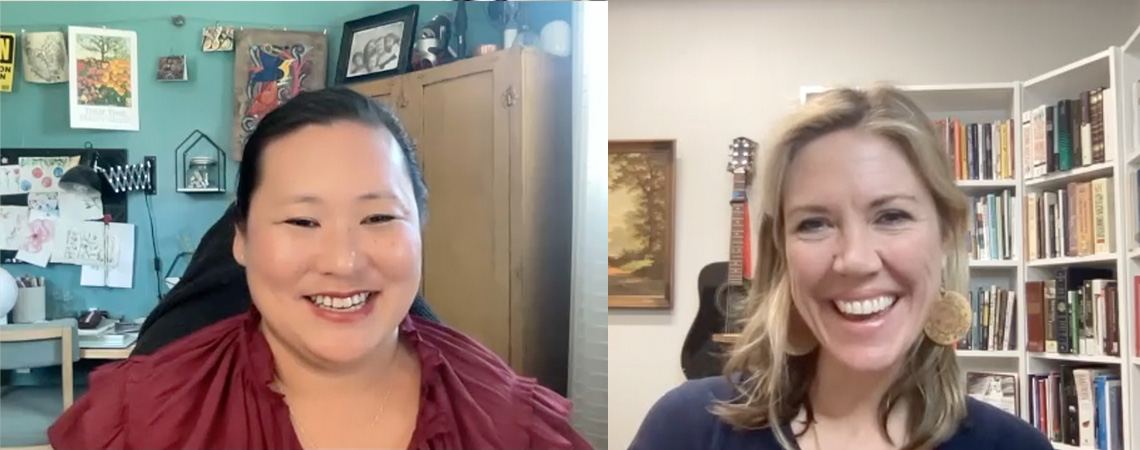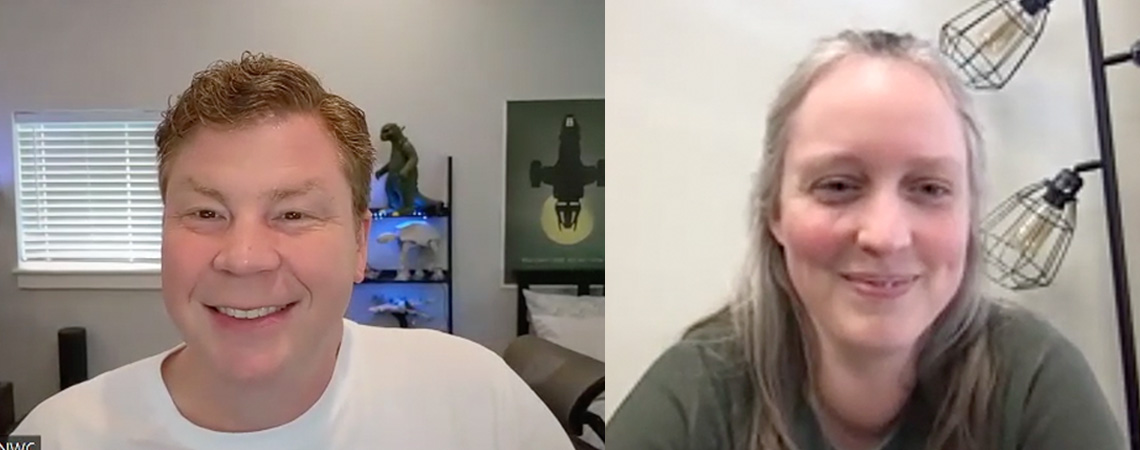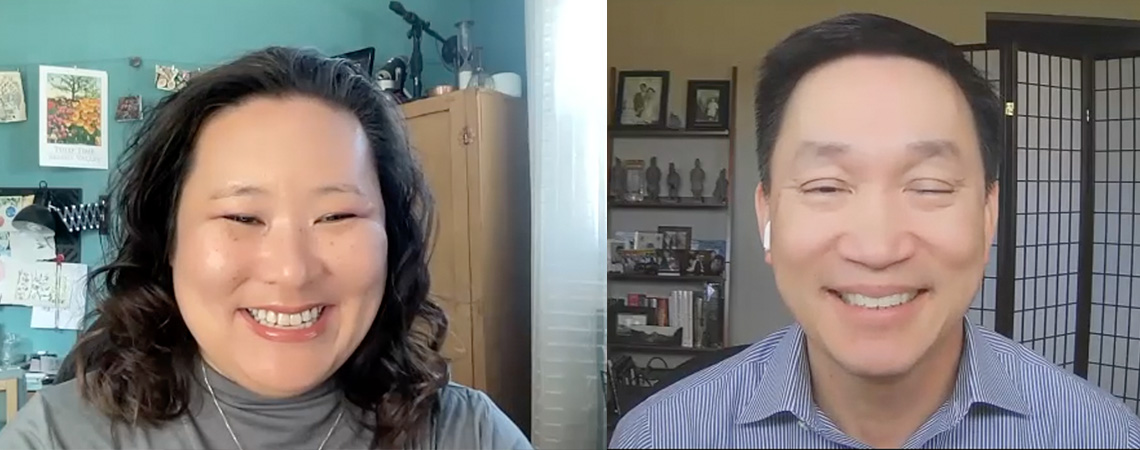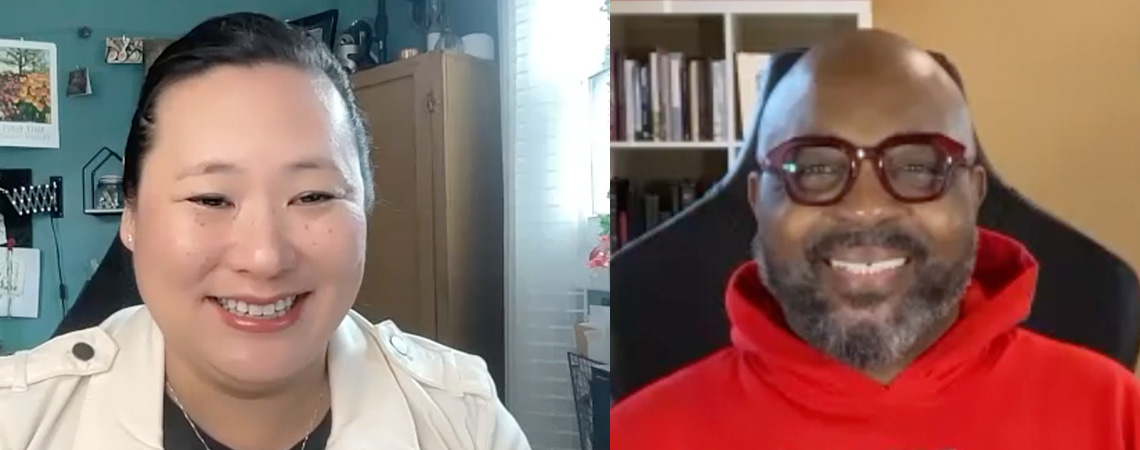By Jill Riley, Assistant Communication Director of the PacNWC
Thank you Pastors, leadership and delegates who were able to attend the annual meeting in Portland this month. For those who weren’t able to attend, here are some highlights, reports and videos of this celebration. Many blessings to each of you.
134th Annual Meeting
April 20th, 2024 – Milwaukee Covenant Church and Online
PacNWC Vision:
To be a mosaic of churches working interdependently together to transform lives and communities.
PacNWC Mission priorities:
1) Start New Churches
2) Strengthen Churches
3) Support Pastors
Highlights from the Ministerial Association Meeting
Our Ministerial Association met at First Covenant, Portland, on April 18th for continuing education and on April 19th to cover business in supporting our pastors, staff and their families. A greater emphasis on interacting, praying and celebrating with each other marked the time. Rev. Corey Johnsrud (Kent Cov) was elected to be the new president of the conference ministerium. 43 licenses and 7 temporary licenses were approved for recommendation at the ECC Annual Meeting in June. 3 candidates for ordination:
Kyle Harmon – Pine Lake Covenant
Rebecca Worl – Pine Lake Covenant
Lynette Sanchez – Countryside Community
Highlights from the Annual Business Meeting
The 134th Annual Meeting was attended by 92 delegates from 42 churches along with others totaling 145 delegates and conferees. Milwaukie Covenant showed incredible hospitality to those in person. Online delegates participated through Zoom.
Superintendent Greg Yee reflected on a challenging and fruitful year of ministry. He reviewed highlights from our three mission priorities. Please see his slides and accompanying links to access video highlights and access resources. pacnwc.org/annualcelebration
Grace Covenant, Bremerton, WA, and Hope Covenant, Tacoma, WA were recommended for removal from the ECC roster of member churches due to conclusion of ministry. St. Thomas Covenant, Salem, OR, was recommended for removal from the ECC roster of churches due to voluntary removal. Quest, Seattle, WA was reported as having been removed from ECC rosters at the 2023 ECC Annual Meeting.
Garden City Covenant, Puyallup, WA was recommended for membership in the ECC roster of churches.
Tim Davis, PacNWC Executive Board Secretary, proposed a revised $1,068,511 budget for 2024 and the proposed budget of $925,084 for 2025 be adopted. Both unanimously approved. A challenge was made to move closer to our shared mission tithe commitments of 6 1/2 % to the ECC and 3 ½% to the conference. If you are giving a fixed amount, please consider moving to percentage giving and begin moving closer to a tithe by starting with a ½% increase this year. We are deeply grateful for your faithful financial support to our shared mission!
Elections for new and continuing board and commission members were all passed with unanimous approval. Diane Leavitt of Pine Lake Covenant, Mark Lindberg of Highland Covenant, Michael Thomas of Radiant Covenant, Asher Ernst of City Covenant, David Greenidge of Tigard Covenant, and Cindy Reed of Highland Covenant were elected to the Executive Board. Thomas Sudbury of Yakima Covenant was elected to the Youth Commission. Anna Carlson of Grace Community Covenant, Nancy de Jong of Pine Lake Covenant, Angela McCann of Cascade Covenant, Amber Lauber of McMinnville Covenant, and Torina Salcedo of Kent Covenant were elected to the Children and Family Commission. Jelani Greenidge of Access Covenant and Kenneth Morse of McMinnville Covenant were elected to the Nominating Commission. Rebecca Worl of Pine Lake was elected the moderator of the 135th Pacific Northwest Annual Meeting. Rebecca Worl of Pine Lake Covenant and Gustavo Sandrigo of Iglesia Latino Americana were elected as delegates to the ECC Annual Meeting with Laurie Roberts of First Covenant as an alternate.
Rob Mohrweis shared a report from Cascades Camp & Conference Center expressing their gratitude for the support the camp has received from PacNWC congregations. He shared a survey that showed campers felt like they belonged and learned more about God. New projects include Sunrise Ranch, supporting conference events, developing their master plan, and continuing to steward the camp for the future.
Greetings and updates were brought by Tammy Swanson-Draheim, President, Evangelical Covenant Church, Rick Mylander, ECC Board of Nominations, Tim Hedberg, Financial Services Representative, Covenant Trust Company, Rollie Persson, Vice President, Real Estate Services, National Covenant Properties.
Pastor Phil Rushton extended an invitation to the 135th Annual Meeting May 1-3, 2025 at Bellingham Covenant Church, WA.
We ended our 134th Annual Celebration praying together and confessing our belief that nothing is possible without prayer and seeking the Lord together.
Please help connect people in your church to the Pacific Northwest Conference website, our monthly e-newsletter called The Catch, and our social media accounts on Facebook, Instagram, YouTube, and Twitter. The full Annual Report, Ministry Fair link and all media links (including Greg Yee’s report slides and all ECC promotional videos) are available at pacnwc.org/annualcelebration.

